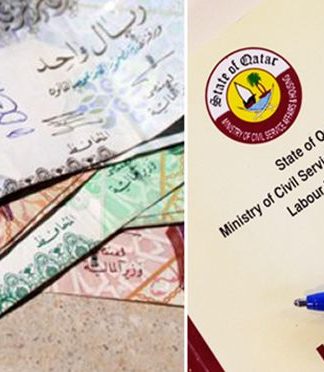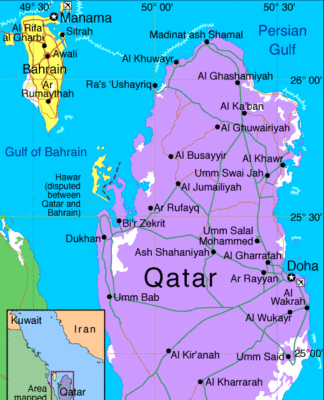US to transfer THAAD system to ‘Israel’ despite warnings
By
Al Mayadeen English
Source: Agencies
12 Oct 2024 23:15
4 Min Read
The decision comes as regional tensions have escalated, particularly after Iran’s recent retaliatory strike on “Israel”.
Listen
x
The US is planning the immediate transfer of the THAAD missile defense system to “Israel” in response to “increasing threats of ballistic missile attacks from Iran”, Ynet reported on Saturday.
The decision comes as regional tensions have escalated, particularly after Iran’s recent retaliatory strike on “Israel”.
It also comes in spite of US warnings urging “Israel” to avoid targeting critical Iranian infrastructure, including nuclear and oil facilities, amid concerns that such an escalation could destabilize the region further.
Tehran is reportedly bracing for a possible response from “Israel” after reports emerged suggesting that the Israeli leadership has agreed to strike back.
Targeting Nuclear Sites or Oil Fields?
In the context of a potential Israeli counter-strike against Iran, former US President Donald Trump has strongly advocated for targeting Iran’s nuclear facilities.
Trump believes that taking out these facilities should be the top priority in order to neutralize what he views as a “critical threat”.
On the other hand, President Joe Biden suggested that “Israel” should consider alternatives to striking Iranian oil sites, such as sanctions, while noting that “Israel” has not yet decided on a course of action.
On Thursday, Bloomberg reported that he cautioned “Israel” not to attack Iran’s nuclear installations, urging instead the imposal of sanctions.
Related News
Gulf states urge US to stop ‘Israel’ from attacking Iranian oil sites
Gulf states urge US to stop ‘Israel’ from attacking Iranian oil sites
Biden, Harris engage Netanyahu on ‘Israel’s’ attack on Iran
Biden, Harris engage Netanyahu on ‘Israel’s’ attack on Iran
Read more: Sanctions in lieu of hitting Iran oil facilities: US offer to ‘Israel’
Gulf states urge US to stop ‘Israel’ from attacking Iranian oil sites
On Thursday, three Gulf sources told Reuters that Gulf states are urging Washington to prevent “Israel” from bombing Iran’s oil assets, fearing the targeting of their oil facilities by the Axis of Resistance.
Saudi Arabia, the United Arab Emirates, and Qatar are refusing to allow “Israel” to fly over their airspace for any attack on Iran and have informed Washington of this, according to three government sources.
During discussions this week, Iran warned Saudi Arabia that if “Israel” was given any aid in carrying out an assault, the Kingdom’s oil infrastructure would be at risk, according to a senior Iranian official and an Iranian diplomat.
Ali Shihabi, a Saudi expert close to the Saudi royal court, divulged that “the Iranians have stated: ‘If the Gulf states open up their airspace to Israel, that would be an act of war.'”
According to the diplomat, Tehran has delivered a clear warning to Riyadh that its allies in Iraq and Yemen may retaliate if “Israel” receives regional backing against Iran.
A Gulf source close to government circles told Reuters that the Iranian Foreign Minister’s visit to Riyadh and the Saudi-American discussions at the defense ministry level are part of a concerted effort to handle the problem.
Read more: Middle East tensions could spark surge in oil prices; risks ahead: NYT
A person familiar with the conversations in Washington acknowledged that Gulf officials had communicated with their colleagues in the United States to express worry about the possible breadth of Israeli retaliation.
Jonathan Panikoff, former deputy US national intelligence officer for the Middle East and currently at the Atlantic Council think tank, believes that the “Gulf states’ anxiety is likely to be a key talking point with Israeli counterparts in trying to convince Israel to undertake a carefully calibrated response.”
OPEC, led by Saudi Arabia, has enough spare oil capacity to cover any losses from Iranian supply delays, but if Saudi Arabia or the UAE’s oil infrastructures are also targeted, the world oil supply might be jeopardized.
“The Gulf states aren’t letting Israel use their airspace. They won’t allow Israeli missiles to pass through, and there’s also a hope that they won’t strike the oil facilities,” according to the Gulf source.

































